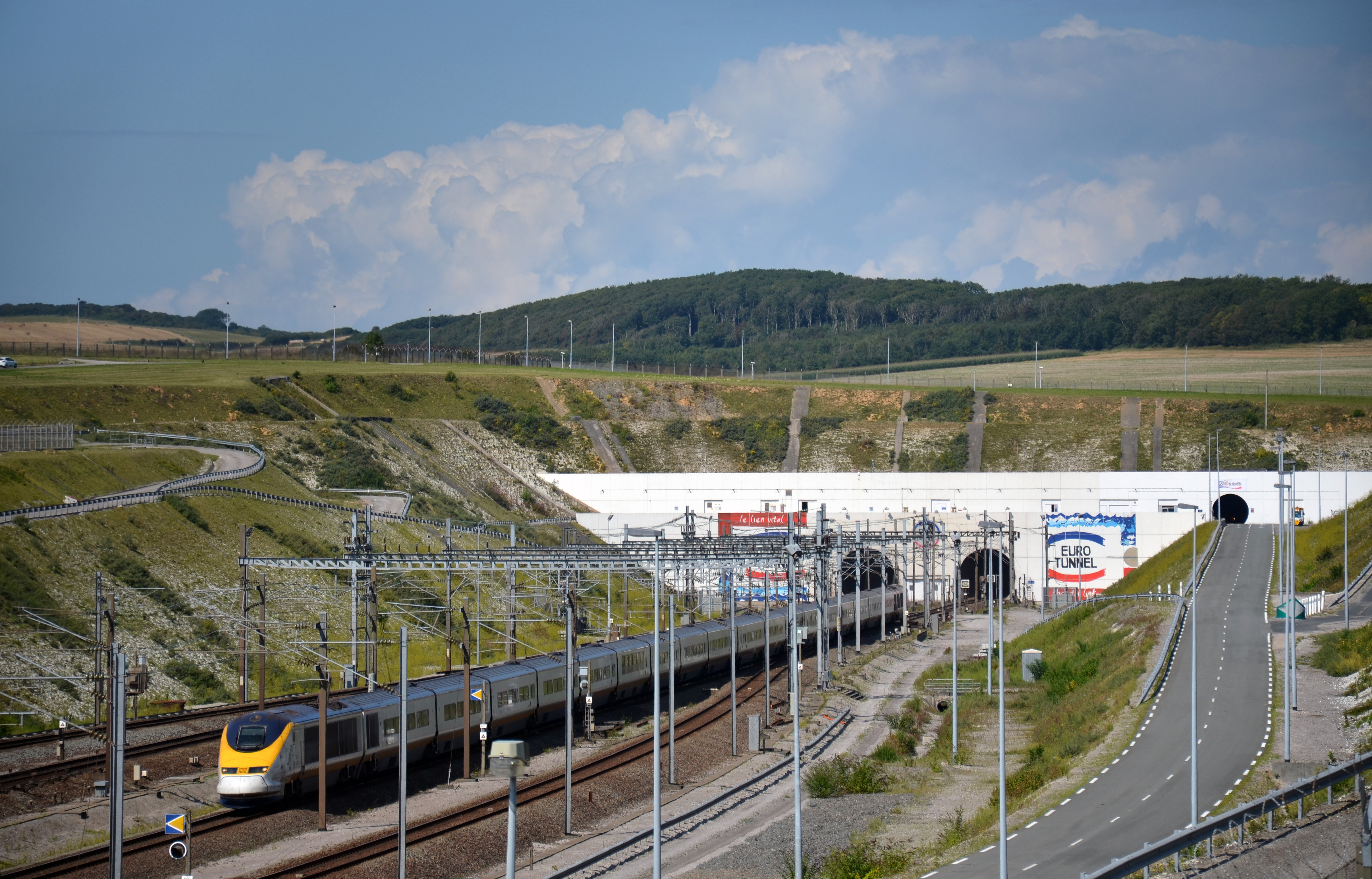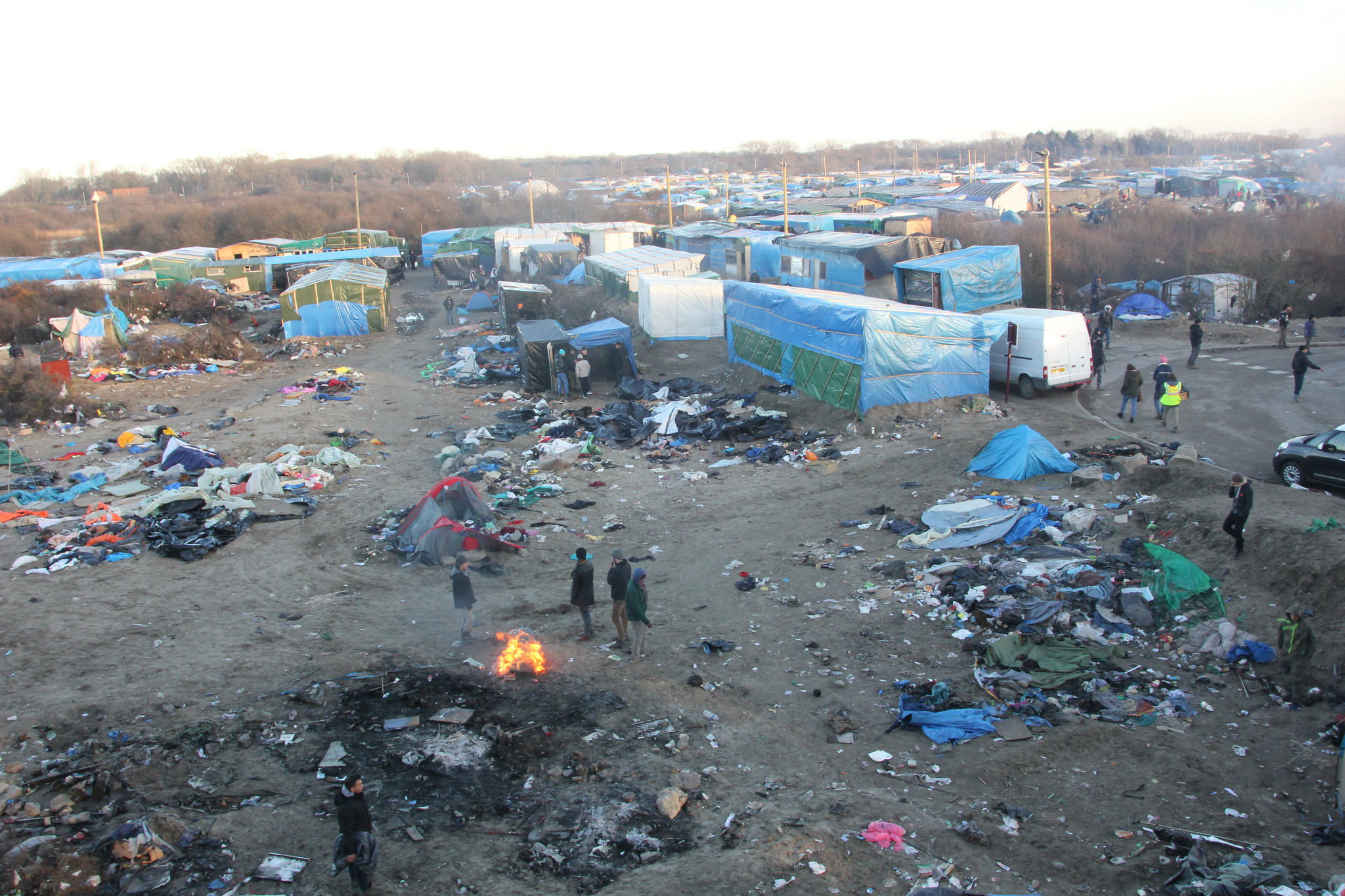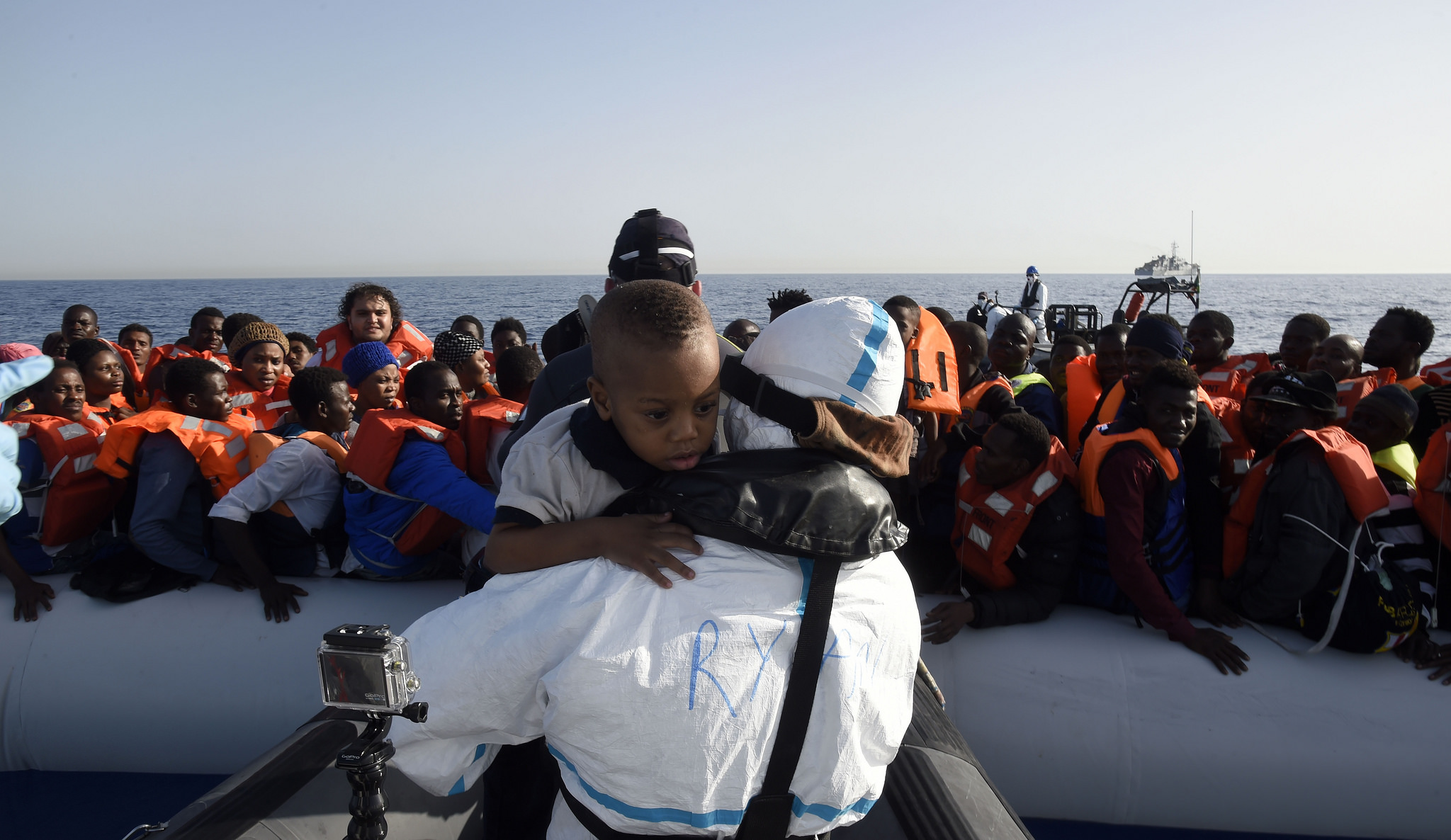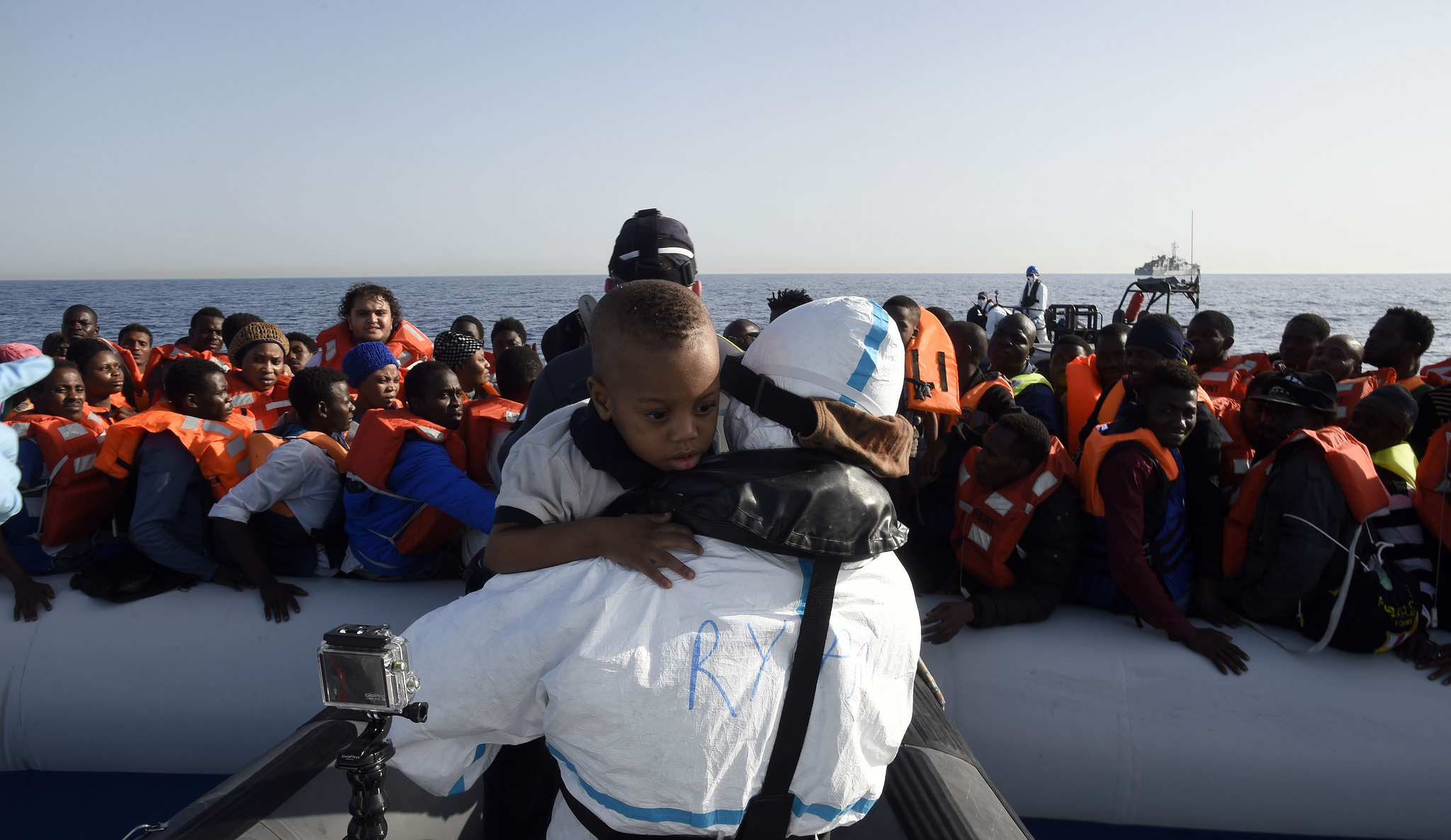On Monday we celebrated International Migrants Day. But do migrants and refugees worldwide have much to celebrate at the moment?
Hardship for asylum seekers in the UK
 Image via Wikimedia.
Image via Wikimedia.
People often over-estimate how many asylum seekers there are in the UK. In 2016, Britain received fewer than 39,000 asylum claims, much less than the 722,000 claims in Germany, 123,000 in Italy and 85,000 in France.
During that same year, more than 14,000 asylum seekers were kept in immigration detention. In total, some 30,000 people are held in the UK’s immigration detention system each year, making it one of the largest detention systems in Europe. The UK is the only country in the European Union which does not have a time-limit for immigration detention, which means that asylum-seekers can be deprived of their liberty indefinitely.
Reporting by The Guardian concluded that Britain is one of the worst places to seek asylum in Western Europe, with consistently low approval rates for asylum seeker claims and a bureaucratic system which leaves many refugees destitute.
Calais is still there, and it’s worse than ever
 Image via Wikimedia.
Image via Wikimedia.
In October 2016, the Calais migrants camp – known also as “the Jungle”, where thousands of refugees stopped on their way to the UK – was destroyed. But knocking down the sprawling makeshift camp was no solution and, just a year later, the number of migrants living in the area is once again on the rise.
Those who are there now live in even more precarious conditions and are exposed to many violations of their fundamental rights.
Lord Alf Dubs, who himself fled persecution as a child in 1939, managed to secure an amendment (known as the Dubs Amendment) in 2016 that aimed to provide a route for unaccompanied children in Calais to come to the UK. It did not state how many children must be allowed in however, and to date only 350 minors have been granted entry. Help Refugees recently took the government to court to try and force them to take more children, however the High Court ruled against them in November 2017. They plan to appeal.
Relocation failure
This was also the year that the EU’s relocation scheme for refugees failed.
Against the backdrop of an upsurge in sea arrivals in the summer of 2015, the EU adopted emergency measures providing for the relocation of 160,000 asylum seekers from main-arrival countries (like Italy and Greece) to other Member States by September 2017.
This was a test of European solidarity, but the programme has never really taken off. Only around 31,500 people have been relocated, less than a fifth of the original goal. The EU now appears to be preparing to drop these plans to set up a permanent and mandatory relocation scheme for refugees.
Externalisation of borders through migration deals, at the expense of human rights
 Image via Flickr.
Image via Flickr.
Not only have European states been reluctant to share responsibility for the migration crisis, but they are moving to hand over the management of their borders to third countries – with concerning consequences for human rights.
The EU has long invested in a strategy of “externalisation”– the transfer of border management to third countries – but has recently stepped up its game. A deal with Turkey was announced last year to close the Eastern-Mediterranean route into Europe, and Italy has made a deal with Libya to close the even deadlier Mediterranean route.
Externalisation of borders is not only about closing down routes of entry, but also about returning migrants attempting to enter the EU. This has involved repatriation deals with some of the worst dictatorships in the world, such as Sudan. A case was recently brought against Italy in the Human Rights Court because of its forced return of Sudanese “irregular migrants”.
A silver lining?
This picture is not a very positive one, but there is some hope.
Italy is piloting a project of ‘humanitarian corridors‘, providing vulnerable asylum seekers safe access to the country thanks to the work and funding of a group of non-governmental organisations. Thousands of asylum seekers (mostly from Syria) have been brought to Italy in the first iteration of the project, which has now been renewed for another two years and expanded to people originating from other countries. The project is already being replicated in France and Belgium.
The UK government has recently started a private sponsorship scheme where non-governmental organisations and groups of individuals can come together to support the resettlement of refugees. Citizens UK have set up a foundation to support this, with the first sponsored family arriving in Manchester in May this year.
With the number of people being forced to migrate, these schemes may feel like a drop in the ocean. But they do create meaningful change for those involved, providing hope for the future.
As with all comment pieces, this article is the opinion of the author and not RightsInfo.







